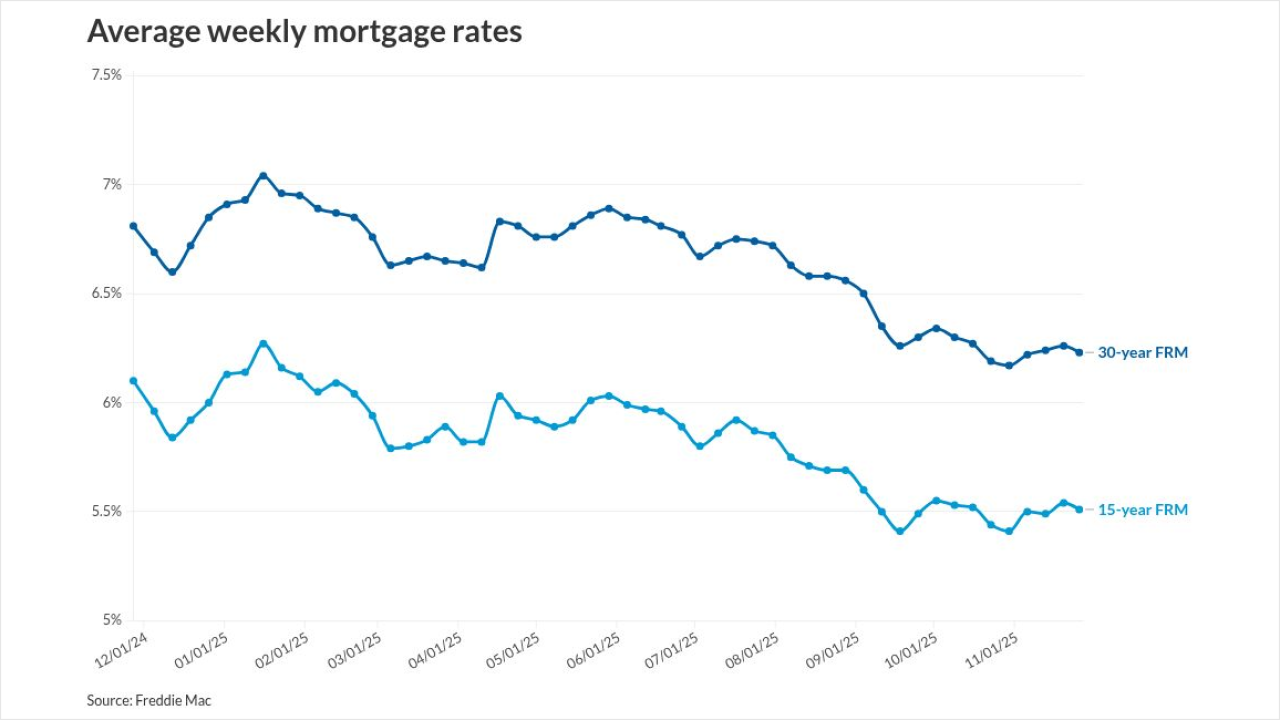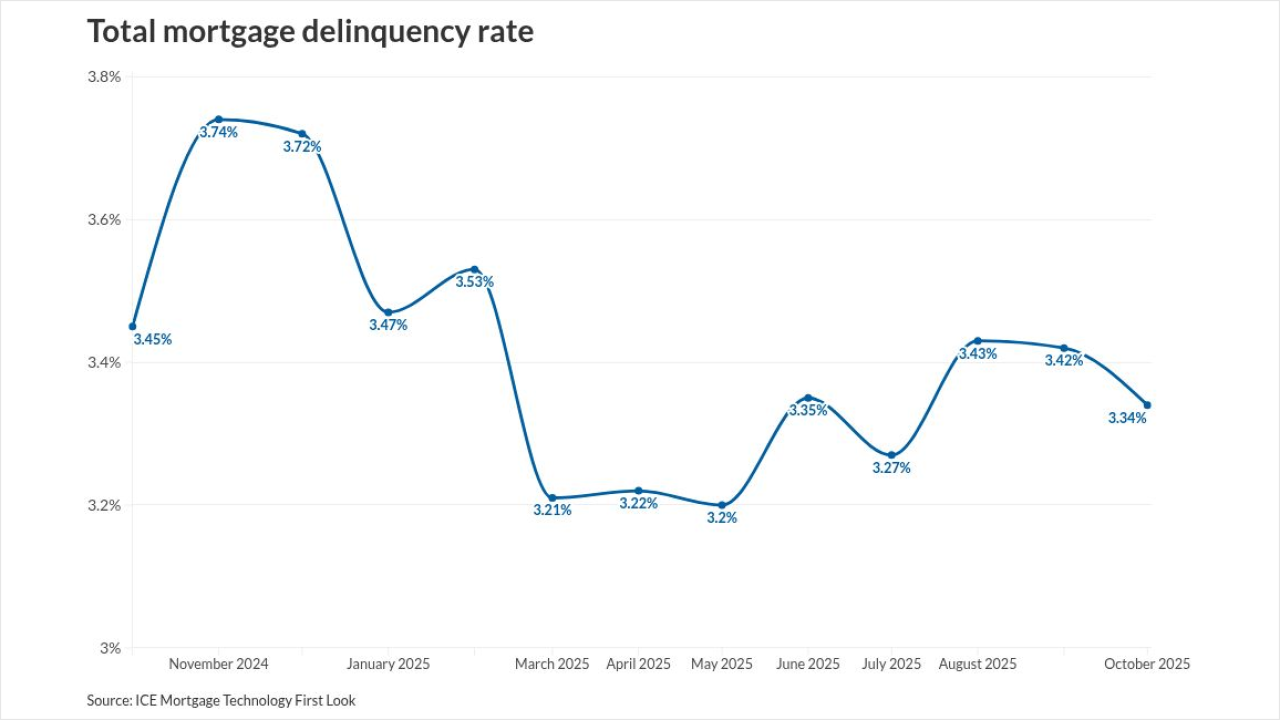J.P. Morgan is marketing another $1 billion of bonds backed by a mix of conforming loans and prime jumbo residential mortgages, according to rating agency presale reports.
J.P. Morgan Mortgage Trust 2017-3 is supported by a pool of prime conforming loans originated by Chase (22.9%) and non-conforming loans originated by various other lenders (77.1%), including EverBank, Social Finance, Quicken Loans and United Shore Financial Services.
The credit quality of the collateral is generally consistent with recent JPMMT transactions, with some notable differences in liquid reserves and seasoning, according to Fitch Ratings, Moody’s Investors Service and DBRS. Borrowers have high FICO scores, a weighted average 765, consistent with those in recent JPMMT transactions and higher than many of the Fitch-rated prime transactions issued in 2015 and 2016. They also have significant equity in their homes; the weighted average loan-to-value ratio is 73.3%).

However, they have less liquid reserves, $262,396 on average, than JPMMT transactions completed before 2017.
Also, the pool is only six months seasoned, on average, which is lower than what Fitch observed in previously rated JPMMT and Chase Mortgage Trust transactions.
Fitch noted that recent JPMMT transactions backed by fixed-rate mortgages that it has rated are consistently prepaying at a lower rate than it has assumed in its rating analysis. Given the low net weighted average coupon of loans in the pool (4.16%), Fitch thinks it is unlikely that the pool will experience prepayment speeds of 25%.
Like many prime jumbo deals, the pool contains a number of loans with high principal balances: there are 1,483 and the largest 20 account for some 3.9% of the total balance, according to Moody’s. This exposes the transaction to the risk of losses at the tail of the transaction, when few loans remain. “At that time, a default of a large loan would significantly reduce enhancement and result in losses to the bonds,” the rating agency noted in its presale report.
Among other risks, the proportion of self-employed borrowers, whose income may vary, is 19.1% of the pool.
Also, refinance loans constitute 39.4% by loan balance of the pool, and 14.7% by loan balance of the pool are cashout refinance loans.
The transaction has what is known as a Y Structure; the loans used as collateral are divided into two groups. Group 1 consists of 30-year and 20-year mortgages while Groups 2 consists of 15-year mortgages. The trust will issue several classes of senior certificates backed by each of the two groups of loans, as well as several classes of subordinate certificates that are cross-collateralized between the two pools.
Credit enhancement for the triple-A rated, super senior bonds in both groups is 12% and the credit enhancement for the senior support bonds in both groups, also rated triple-A, is 6%. The trust will not make any principal payments to the subordinates if the credit enhancement available to the senior bonds falls below 6.0% of the current pool balance.
Moody’s expects losses on the pool average 0.45% and 0.20% in a base-case scenario for Group 1 and 2 respectively.





